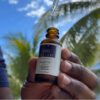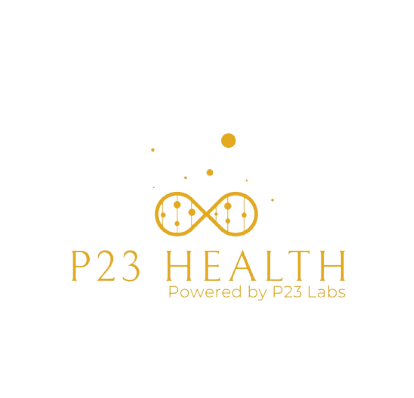
Taboos Revisited: Part III: Navigating the STI Landscape
[ad_1]
Sexually transmitted infections (STIs) continue to pose a significant public health challenge, even amidst advancements in medical science and technology. Misconceptions and stigmas often impede timely diagnosis and treatment. In a recent podcast episode, the director of operations at P23 Labs and P23 Health highlighted the critical role of regular STI testing, emphasizing its importance even for individuals in committed relationships.
Routine STI screenings and annual physical exams are key to understanding one’s sexual health status. This is particularly relevant for same-sex couples, who may face a heightened risk for certain STIs. The director pointed out the misconception that pre-exposure prophylaxis (PrEP), a medication used to prevent HIV infection, offers protection against other STIs. Clarifying this is crucial for comprehensive sexual health care.
The episode also delved into the role of genetic research in creating tailored healthcare solutions, especially for the gay community. Genetic insights can determine individual susceptibility to specific STIs, enabling personalized preventive strategies. The director stressed that making informed health decisions is the cornerstone of a healthy lifestyle.
For gay men, especially those who are sexually active, regular HIV testing was recommended. The frequency of testing should align with one’s lifestyle and sexual activity. Establishing a regular testing routine is vital. The importance of screening for other STIs, particularly for those with multiple sexual partners, was also underscored.
Additionally, the need for hepatitis and HPV testing was discussed. Regular screenings for these infections are essential, even when symptoms are not present. Vaccinations against Hepatitis A and B were also advised for those who haven’t received them yet.
Open dialogue with healthcare providers is essential for optimal sexual health. The director encouraged individuals to be open about their sexual orientation and practices with their healthcare providers. Such transparency ensures personalized healthcare assessments and appropriate testing recommendations.
The insights shared in the podcast are invaluable for anyone looking to enhance their understanding of STIs and effectively manage their sexual health. With the right blend of knowledge, access, and empowerment, informed decisions about sexual health can be made. Continued education and open discussions about STIs are crucial steps towards dispelling myths, challenging stigmas, and fostering a healthier society.
Q: Why is regular STI testing important, even for individuals in committed relationships?
A: Regular STI testing is crucial because it helps in early diagnosis and treatment, reducing the risk of health complications. Misconceptions and stigmas often lead to delays in seeking testing and treatment. STIs can sometimes be asymptomatic, making routine screenings essential for everyone, regardless of their relationship status.
Q: What common misconception about PrEP (pre-exposure prophylaxis) was highlighted in the podcast?
A: The podcast pointed out a common misconception that PrEP, which is used to prevent HIV infection, also protects against other STIs. This is not the case, as PrEP is specifically designed for HIV prevention and does not offer protection against other sexually transmitted infections.
Q: How can genetic research benefit the gay community in terms of STI prevention?
A: Genetic research can provide personalized healthcare solutions by determining an individual’s susceptibility to specific STIs. This allows for tailored preventive strategies, especially beneficial for the gay community, who may have a heightened risk for certain STIs.
Q: What specific STI screenings were recommended for sexually active gay men?
A: The podcast recommended regular HIV testing for sexually active gay men. The frequency of testing should match their lifestyle and level of sexual activity. Regular screenings for other STIs, hepatitis, and HPV were also advised, emphasizing the importance of these tests even in the absence of symptoms. https://p23health.com/products/sti-testing-complete-kit
Q: Why is open dialogue with healthcare providers important for sexual health?
A: Open dialogue ensures that healthcare providers can offer personalized assessments and appropriate testing recommendations. Transparency about sexual orientation and practices enables healthcare providers to understand better and meet individual health needs.
[ad_2]
Source link










